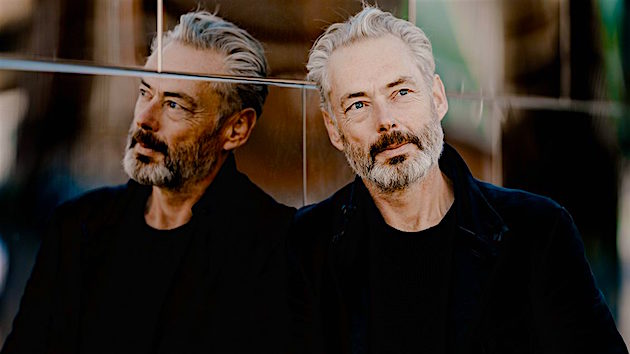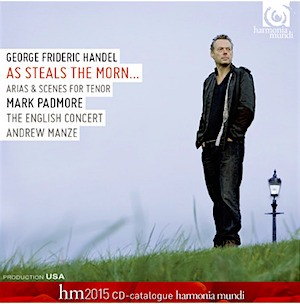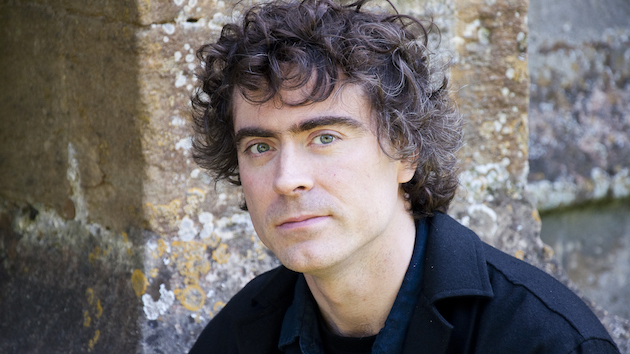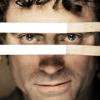
There are certain artists, singers especially, who seem to be yours alone. It’s not that you know or hear something others don’t. Rather, it’s that they seem to know something special, even intimate about you — an inner core they are able to reach as if they were hot-wired into it.
 The English tenor Mark Padmore is one such performer for me. His recording of Handel arias and scenes with the English Concert, As steals the morn ..., is on my regular home replay list. (I had to stop listening to it in the car for fear of drifting into unsafe reveries behind the wheel.)
The English tenor Mark Padmore is one such performer for me. His recording of Handel arias and scenes with the English Concert, As steals the morn ..., is on my regular home replay list. (I had to stop listening to it in the car for fear of drifting into unsafe reveries behind the wheel.)
So when Padmore’s January 13 recital date at the Herbst Theatre turned up on the San Francisco Performances calendar, I was all in. A program of six Brahms songs, Mahler’s Rückert-Lieder and especially Schumann’s transfixing Dichterliebe was alluring. So was the presence of the estimable Beethoven specialist Paul Lewis as accompanist.
Padmore sang, as expected, beautifully, often gorgeously, his tone by turns purring and raw, luxuriant and drily ironic, sensuous and declamatory. He tuned a number of the brief songs in the Schumann cycle into fleet, precisely colored captures of emotion.
“From my tears sprout forth” was bittersweetly innocent. (I’m using the translated titles; Padmore sang in precisely articulated German.) “Lay your cheek against my cheek” built a subtext of sexual tension and release into its two short stanzas. “In the Rhine, in the holy stream” was effectively melodramatic. “On a shining summer morning” was carefully shaped, with Padmore’s voice thinning to a porous, wonderstruck glimmer at the end.

The Mahler cycle — in which the singer took the composer’s invitation to reorder the five songs — offered its own rewards, “Look not into my songs!” had a breezy, buzzy drive to it, well suited to the bees who turn up in Friedrich Rückert’s lines. “At midnight,” with its chiming, consonant-clotted repetition of the title word — “Um Mitternacht” — became a mini music drama, with Padmore scouring out the low baritone-ish reaches of his register and rising to an alarming, almost militant climax.
Highlights of the Brahms Heinrich Heine settings included a heartsick “Moonlight” and the drowsily chromatic “Death is the cool night.”
Why, then, did the evening not prove to be as absorbing in sum as it did in its assorted gratifying parts? Heightened expectations are an obvious point to consider. So are some technical missteps. Padmore had some recurring intonation problems, most notably in the first two of the Mahler songs but also here and there in the Schumann cycle. Then, too, there was the sameness of the singer’s stage presence — a less telling but still integral element. Again and again, Padmore employed the same gesture, one hand scooping upwards toward his chest while the other rested on the piano.

But none of these deficiencies, even when added together, quite account for the program not living up to its full potential. Rather it was a certain sense of reserve, a tasteful, measured tactfulness in both the singer and the accompanist that made the whole feel less — less daring, less committed — than the sum of its parts.
The Dichterliebe, which occupied the second half of the bill, constituted the most substantial undertaking. Padmore and Lewis gave it a full hearing, by performing all 20 of the songs in Schumann’s original manuscript rather than the 16 that appeared in the published (and frequently heard) version. What they didn’t quite do was create a sense of unfolding drama, of heightened emotional stakes. The individual pieces came off as carefully done but separate components.
A certain detachment took over — in the exactly cut “The rose, the lily, the dove, the sun,” with Lewis’s staccato backdrop. “I bear no grudge, even when my heart is breaking” was darkly hued but not brooding. Even when the musical textures changed — in Padmore’s borderline sprechstimme treatment of “My cart rolls slowly” or Lewis’s eloquent but occasionally remote postlude meditations — the variations came off as more deliberate than deeply felt.
Disappointment notwithstanding, Padmore and Lewis did touch that core of mine more than a few times during the performance, right down to “The old, wicked songs” that brought the evening to a close. With his grave, slightly maddened evocation of the Cathedral in Cologne — a structure that turns up twice in Heine’s poetry here — Padmore gave his listeners a final shiver. Lewis made it fade to a luminous pearl gray with his dreamy piano mediation after the last note had been sung.




